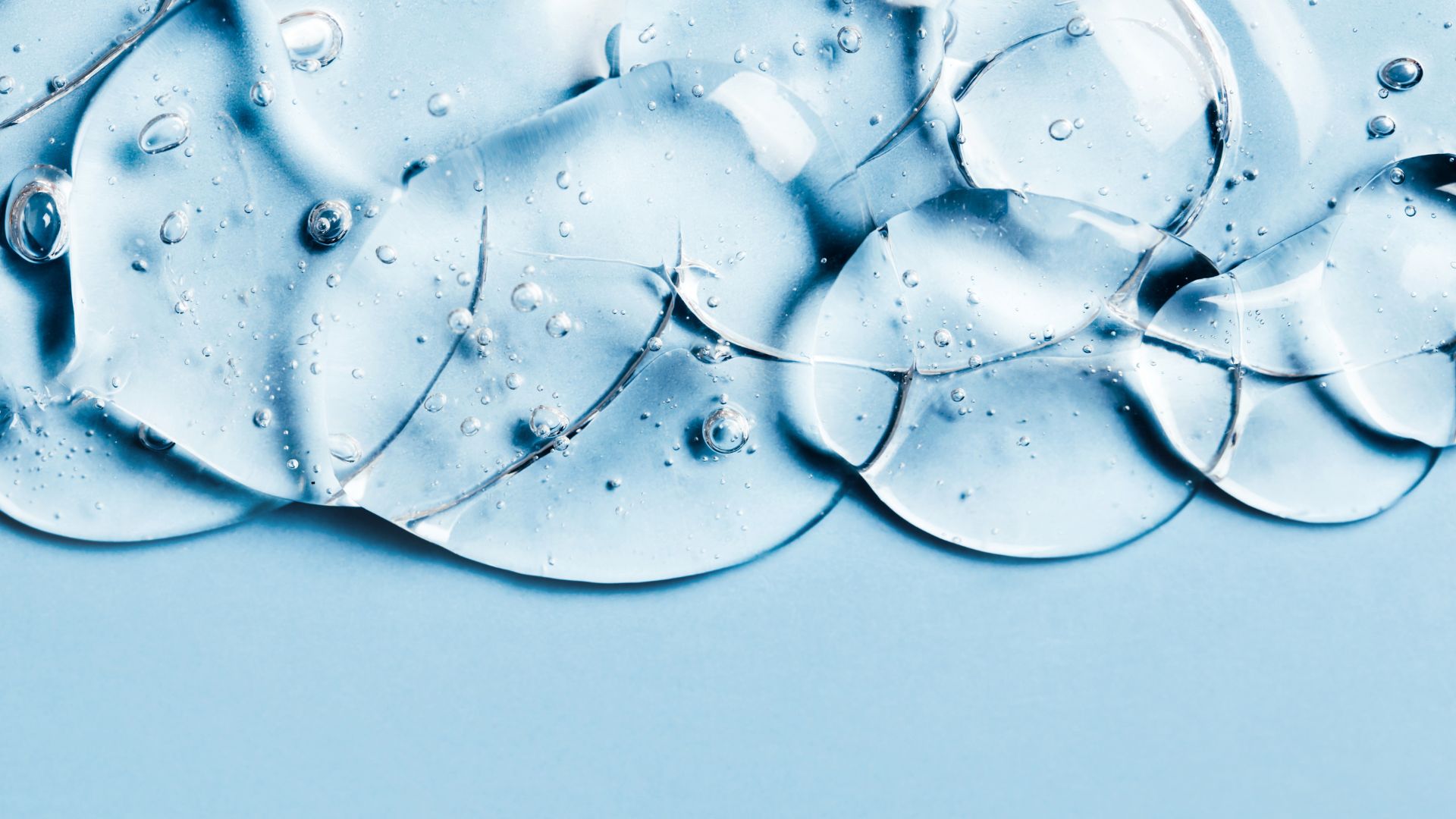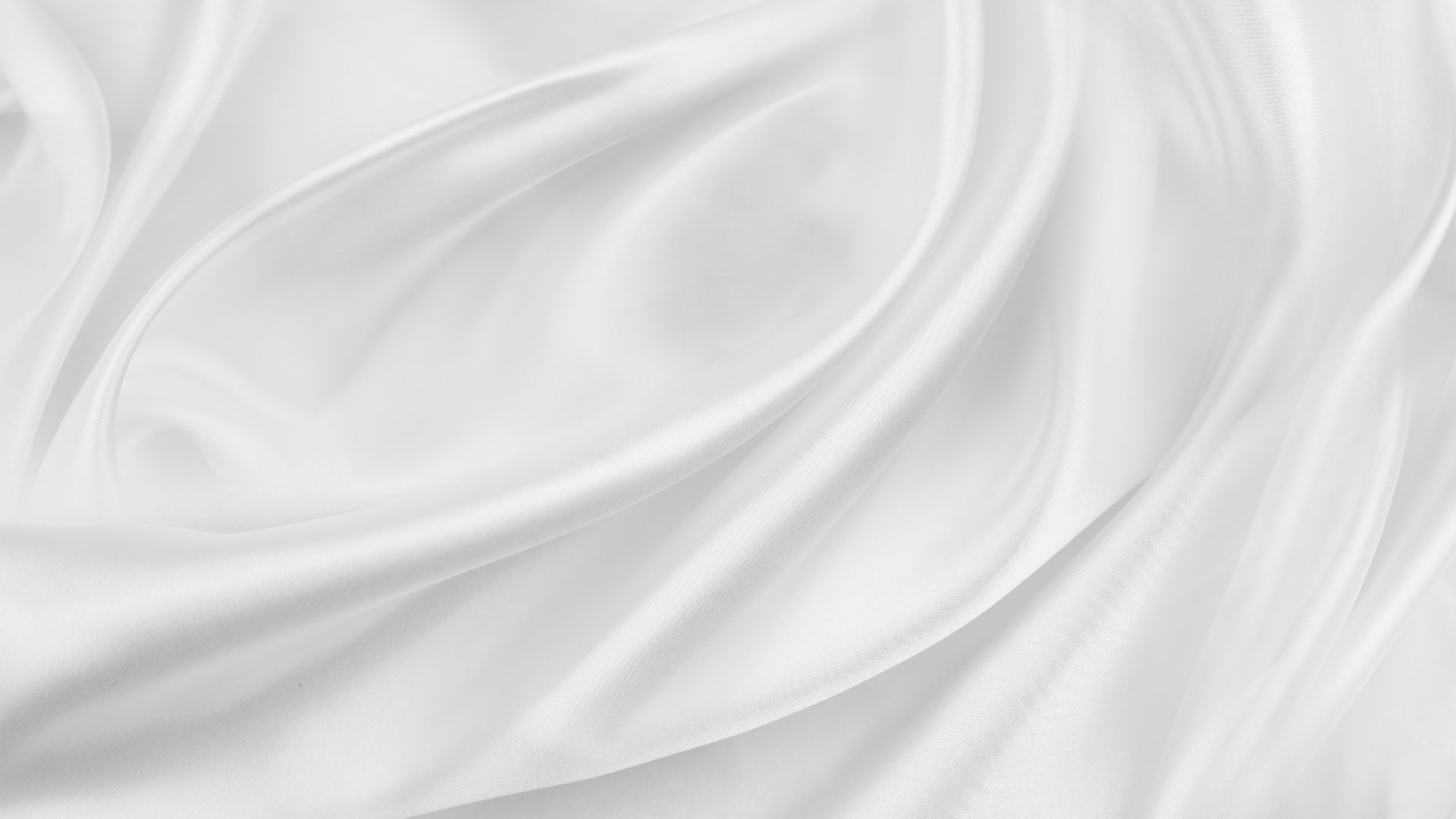
Antibacterial fabrics are revolutionizing the way we think about hygiene and cleanliness in textiles. Engineered with antimicrobial agents, these fabrics prevent bacterial growth, which helps reduce odors, protect skin, and extend the life of the material.
Whether in clothing, bedding, or sportswear, antibacterial fabrics offer a smart solution for maintaining freshness and comfort.
目錄
Understanding Antibacterial Fabrics: What is an antibacterial fabric?

Antibacterial fabrics are specially treated or engineered to inhibit the growth of bacteria that can lead to unpleasant odors, skin irritation, and even fabric degradation. These fabrics work by integrating antimicrobial agents, such as silver ions, copper, or other natural compounds, into the textile fibers. When bacteria come into contact with these agents, their growth is halted or destroyed, preventing them from multiplying.
This not only helps to keep fabrics cleaner for longer periods but also reduces the need for frequent washing. The effectiveness of antibacterial fabrics is measured by their ability to maintain freshness and prevent bacterial buildup over time, making them an ideal choice for clothing, bedding, and sportswear.
How Antibacterial Technology Helps Control Odor in Fabrics
Antibacterial fabrics are designed to tackle one of the most common issues with textiles—odor buildup. By preventing bacterial growth, these fabrics stop odor from forming at the source. Here’s how the technology works to control odor:
Prevention of Bacterial Growth:
Odor in fabrics is often caused by bacteria feeding on sweat and other organic matter. Antibacterial agents prevent the growth of these bacteria, keeping the fabric fresh for longer periods.
Neutralizing Odor-Causing Compounds:
Some antibacterial treatments actively neutralize the compounds that bacteria produce, eliminating bad smells before they become noticeable.
Long-Lasting Freshness:
By inhibiting bacterial growth, antibacterial fabrics maintain a fresher smell even after multiple uses, reducing the need for frequent washing.
Perfect for Activewear and Bedding:
These fabrics are especially beneficial in high-sweat environments like sportswear and bedding, where odor control is critical.
Benefits of Antibacterial Fabrics for Everyday Use

Antibacterial fabrics offer a range of benefits that make them suitable for various applications, from activewear to home textiles. Here are some key advantages:
1.Odor Resistance:
By preventing the growth of odor-causing bacteria, antibacterial fabrics help keep clothing and textiles fresh for longer, even after extended wear.
2.Improved Hygiene:
These fabrics provide an extra layer of protection by reducing bacterial presence on surfaces, which can help minimize the risk of skin infections and irritations.
3.Extended Fabric Life:
Antibacterial treatments can protect fibers from deterioration caused by microbial activity, helping garments and textiles maintain their quality over time.
4.Reduced Washing Frequency:
Since antibacterial fabrics stay cleaner for longer periods, they can reduce the need for frequent washing, saving water, energy, and detergent.
5.Comfort and Safety:
Fabrics designed to resist bacteria are often more comfortable on the skin, particularly in high-moisture environments, such as athletic wear or bedding.
These benefits make antibacterial fabrics a smart choice for everyday use, offering enhanced durability, comfort, and hygiene.
Where can I Buy Antimicrobial Fabric? Antimicrobial Fabric Suppliers in Asia.
SPORTINGTEX® is a well-known functional knit fabric brand, and is the best choice for antibacterial fabrics. With experience in manufacturing knitted fabric since 1990, Sun Dream Enterprise Co., Ltd (SPORTINGTEX®) was established in 1995 and engaged with international businesses. Mainly we supply our excellent quality fabric worldwide, particularly in the USA, Europe, Japan, China, Vietnam, and Bangladesh. We have created value in product differentiation to meet a variety of needs through quality fabrics and services globally.
SPORTINGTEX® has researched and developed functional fabric technology for almost 30 years. For silver ion antimicrobial technology, the SPORTINGTEX® team has focused on several kinds of bacteria to develop bacterial resistant technology. As a result, SPORTINGTEX® can provide solutions to meet customer requirements, regarding the Silver Ion Antibacterial fabrics.
The benefit of choosing silver ion antimicrobial fabric from SPORTINGTEX® is that every customer is ensured to receive quality fabrics without defects. Firstly, the coloring and staining will remain stable after processing and treating the fabric. Secondly, the silver ion antimicrobial fabric remains at least 95% active after 20 times of washing. Lastly, the process of manufacturing silver ion antimicrobial fabric is eco-friendly!
Conclusion on Antibacterial and odor-control
Incorporating antibacterial fabrics into everyday items provides numerous benefits, from odor resistance and improved hygiene to reduced washing frequency and extended fabric durability. As a result, these fabrics are ideal for those seeking a cleaner, fresher, and more comfortable experience in their daily lives.
FAQs for Antibacterial and odor-control
1.Which fabric is most antibacterial?
The most antibacterial fabrics include:
- Bamboo: Naturally antibacterial due to bamboo kun.
- Silver Ions finish: Inhibit bacterial growth,often used in athletic wear.
- Linen: Naturally antibacterial and antifungal.
- Copper-infused: Strong antibacterial properties, used in medical fabrics.
- Merino Wool: Naturally resists bacteria and odor
2.Is antibacterial fabric safe?
Yes, antibacterial fabric is generally safe, especially when made from natural materials like bamboo or merino wool. However, fabrics infused with chemicals like silver or copper are also considered safe but should be used according to guidelines, especially in medical settings. Always check for any potential skin sensitivities or allergies to the materials used.
3. What material is naturally antibacterial?
Bamboo, Linen, and merino wool are naturally antibacterial materials. Each contains properties that inhibit bacterial growth without the need for added chemicals.


